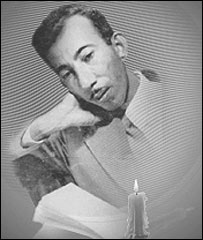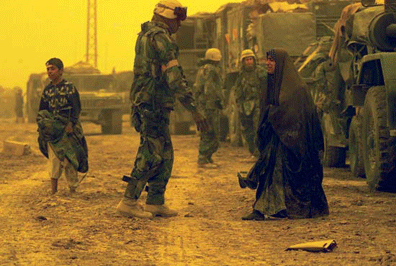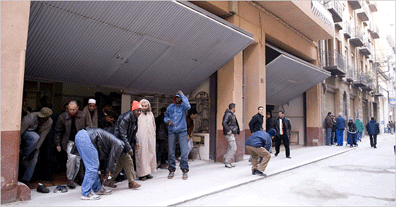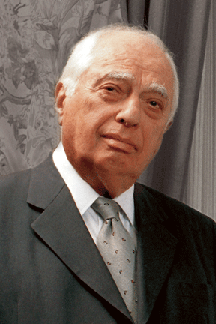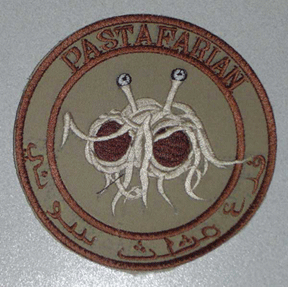
It has been said that music is able to soothe the savage soul, so perhaps it can help reduce the bias that assume Muslim souls are innately savage. A recent video, called Yeh Hum Naheem, with several Pakistani pop stars, has been released and can be seen on YouTube.
Here is the description from the website:
Yeh Hum Naheen has become a truly unprecedented musical movement. Featuring the vocal talents of some of Pakistans biggest music artists, including Haroon, Ali Haider, Ali Zafar, Shufqat, Strings, Shuja Haider and Hadiqa Kiani, uniting to sing out the message the world needs to hear.
Written by Ali Moeen, Pakistans foremost lyricist, with music composed by Shuja Haider, its the central message of the song that has compelled so many people to become involved. It is a message of reconciliation, a message of peace and a message of truth. Capturing the imagination of people across the board, Yeh Hum Naheen has given a voice to the silent majority, those in the Muslim world who have for too long been mis-represented. These are the people who although not appearing on our television screens are saddened and shocked at the high-jacking of Islam by terrorists, and want to stand up and shout “This is Not Usâ€. The song is the brainchild of Waseem Mahmood, author and media consultant, who took inspiration for the project from his children. They were tired at the way a minority of misguided young people were vehemently putting forward a message of radicalization and terrorism which was at odds with what the majority of Muslims believe. It is time to re-address the imbalance, and from the smallest child to the oldest person, Yeh Hum Naheen seeks to give a voice to the voiceless.
